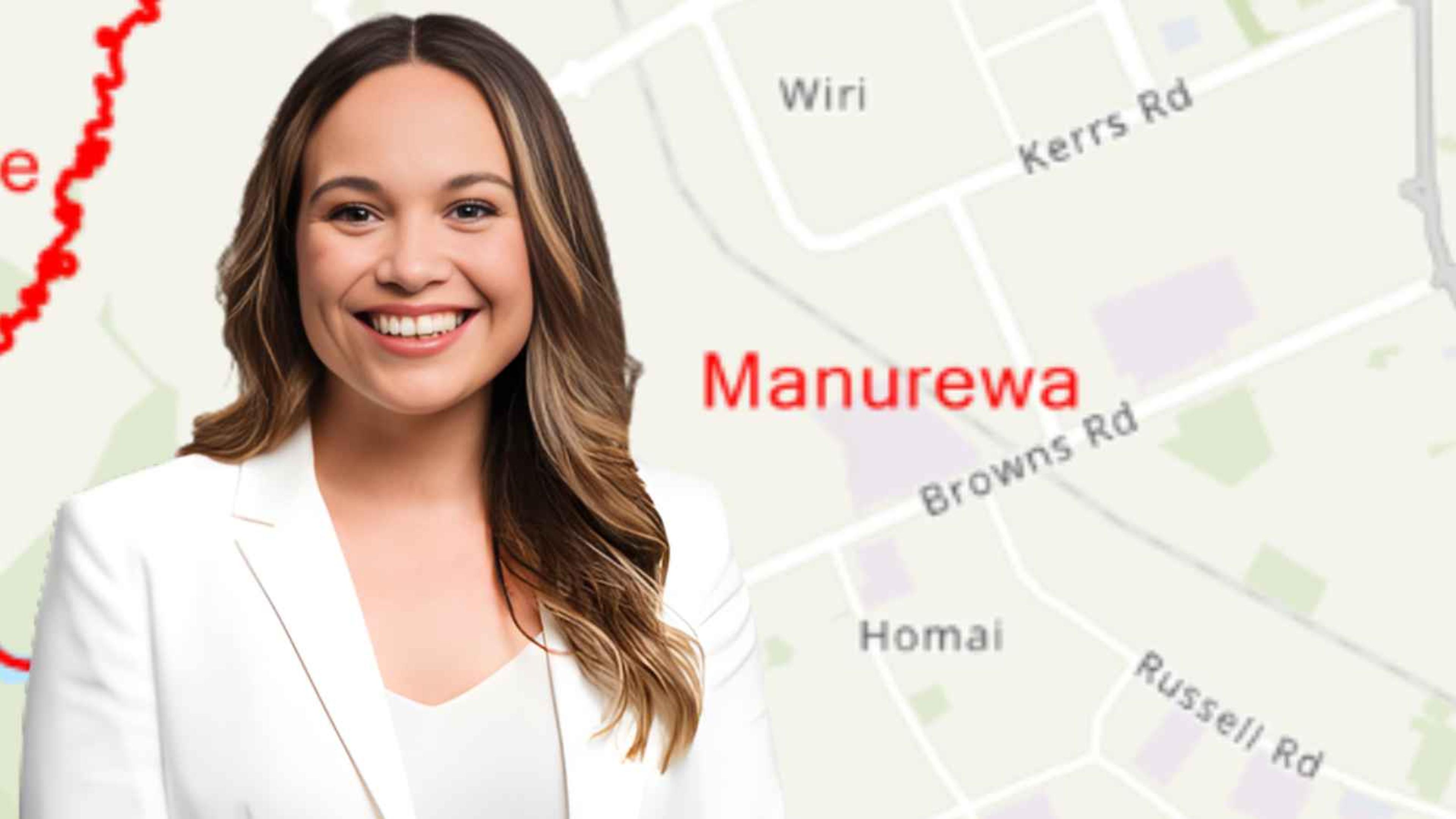

Pacific families engage with local community services.
Photo/Ministry of Education
Major shake-up of local government: What it could mean for Pacific communities in NZ
Changes to how local councils work will include mayors taking a bigger role in regional decisions. But how will these reforms affect housing, transport, and the local services that Pasifika rely on?



Tongan among five latest remanded over Fiji's record cocaine seizure, police confirm

Auckland bakery stops selling popular Tongan horse-meat pie over food safety concerns

Police name Kiribati man found dead in Mahurangi River



Tongan among five latest remanded over Fiji's record cocaine seizure, police confirm

Auckland bakery stops selling popular Tongan horse-meat pie over food safety concerns

Police name Kiribati man found dead in Mahurangi River
The New Zealand Government has announced big changes to how local councils work.
Ministers say the plan will make the system simpler and cheaper, but many Pacific families, who rely heavily on local services, will be watching closely to see how it affects them.
Local Government Minister Chris Bishop says the reforms are the biggest since 1989.
“These reforms would deliver the most significant changes to local government since 1989,” he says in a statement.
The Government says the goal is to remove confusion in the system and make it easier to plan for housing, transport, water, and community services.
Bishop says the current model is not working well for New Zealanders. "The government does not think local government is serving New Zealanders well, and the time has come for reform.”
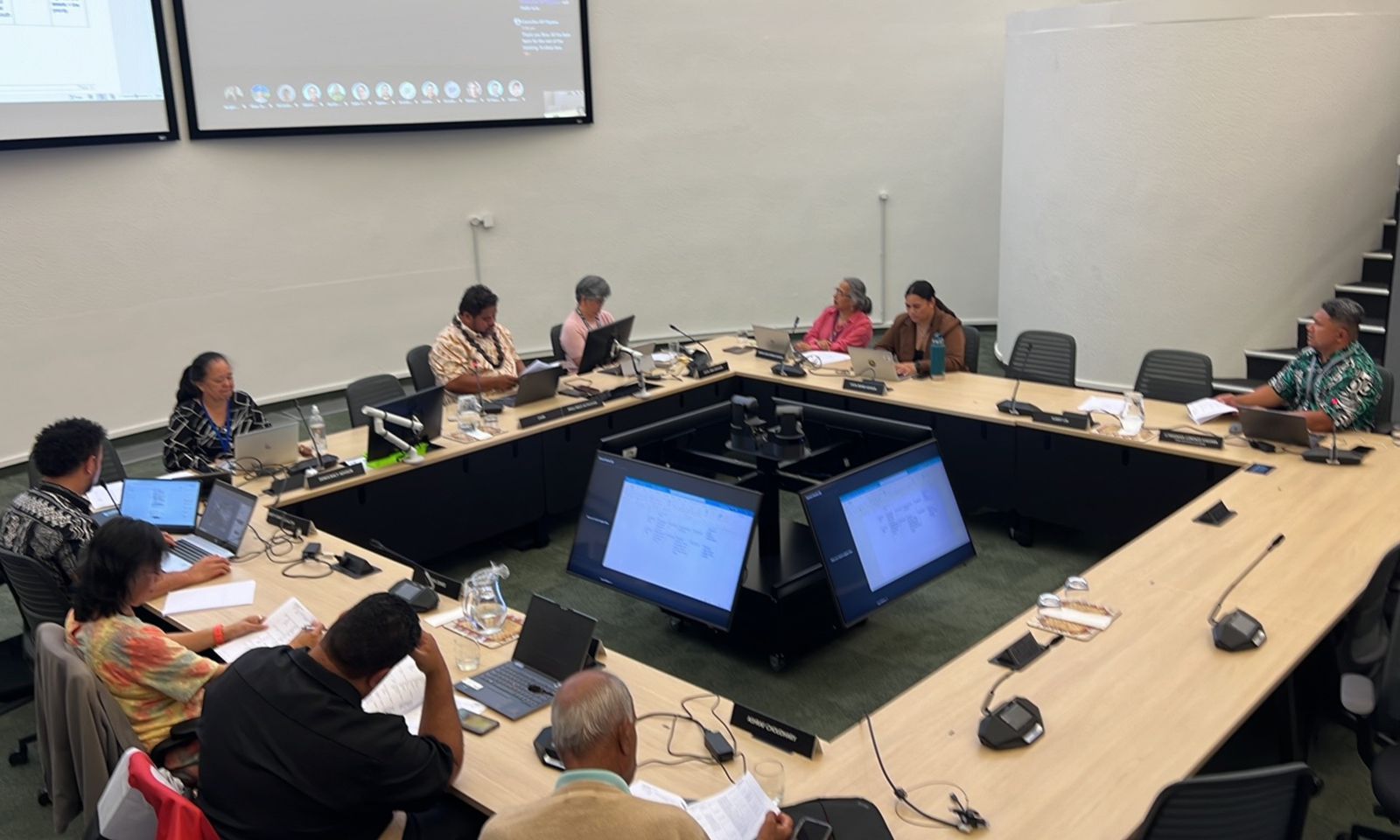
Under the proposal, mayors will take the lead in regional decision-making through new Combined Territories Boards. Photo/PMN News
The Government is proposing two major changes:
End regional councils and replace them with Combined Territories Boards (CTBs).
Require regions to create “reorganisation plans” to show how councils will work together in the future.
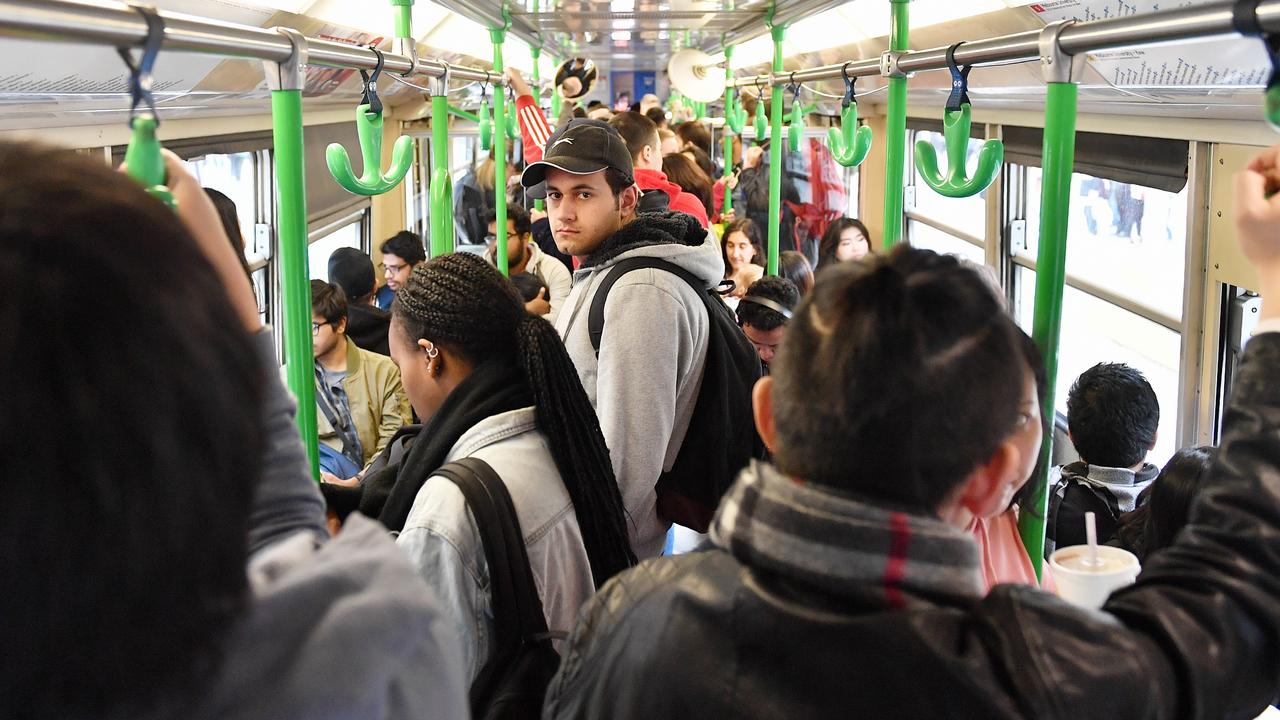
Public transport services, important for many Pasifika, are among the areas that could be reshaped. Photo/Facebook
Regional councils to be removed
Under the plan, regional councillors will be abolished. Instead, mayors from each district and city in the region will sit together on a new combined board.
Local Government Associate Minister Simon Watts says most people know their mayor, but few know who represents them at regional councils.
Watts says the new boards will reduce duplication and costs, and "streamline decision-making".
Impact for Pacific communities
Pasifika families often live in areas where councils manage essential services such as:
bus routes and public transport
stormwater and flood protection
regional parks and coastlines
environmental monitoring

Coastal communities, including many Pasifika families, are watching how environmental responsibilities will be managed under the new system. Photo/MPP
Many Pasifika families live in fast-growing urban areas like South Auckland, Porirua, and parts of the Waikato. If councils merge or share services, this could affect:
How long do building and resource consents take
future housing developments
transport improvements
water safety and flood protection (important for coastal Pasifika communities)
The Government says Treaty settlement commitments will still apply, but the ministers' statement does not detail how Māori and Pasifika voices will be included in the decision-making.
The shift to mayor-led regional boards means Pacific communities will need strong representation from local mayors to ensure their needs, like crowded housing, safe public spaces, and climate resilience, are not overlooked.
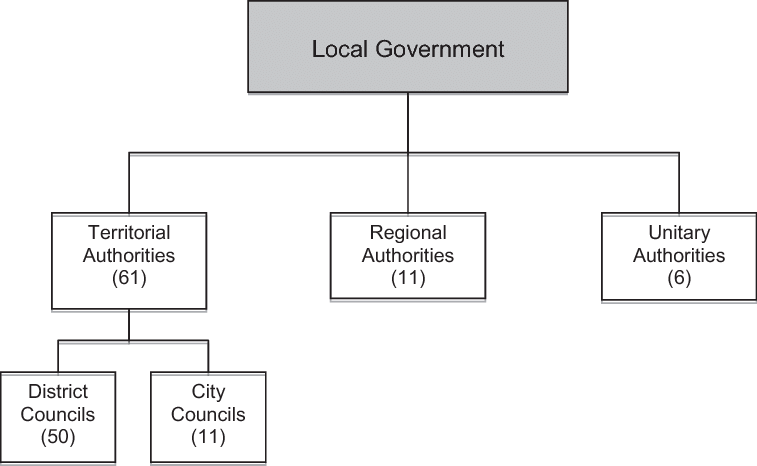
The Government says removing regional councils will make planning and approval processes simpler and faster. source/researchgate.net
New regional plans led by mayors
Each new regional board will need to create a regional reorganisation plan within two years. These plans will look at whether councils should:
share services
combine back-office functions
create joint companies
or even merge into larger councils
Watts says the plans must support housing, infrastructure, and financially responsible services. “These plans would assess how councils across a region can best work together to deliver efficient and effective local infrastructure, public services, and regulatory functions.”
Final decisions will be approved by the minister, not by public referendums.
Listen to Will's Word on Facebook below.
Govt: System will be 'simpler and cheaper'
Bishop says the reorganisation is needed to boost the economy and remove unnecessary rules.
“Our reforms will strip out duplication in the system, standardise processes, and drive down complexity and compliance costs.”
He says fewer consents and fewer planning documents will make it easier to build new homes, an issue important to Pasifika families who face overcrowding and high rents.
The public can give feedback until 20 February 2026 through the Department of Internal Affairs.
“This is a once-in-a-generation chance to build a simpler, clearer, and more efficient local government system for New Zealanders,” Bishop says.
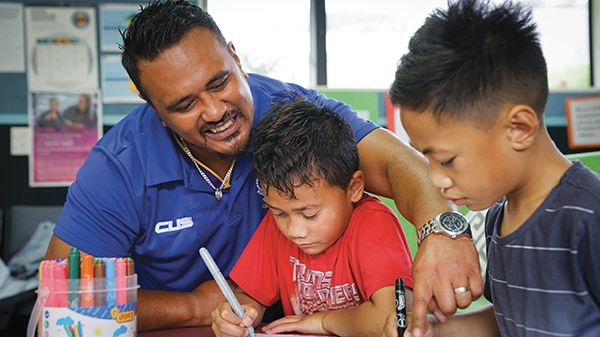
Pasifika families taking part in local community activities. Photo/Talanoa Ako/file
In June 2025, before the current proposals, Pacific leaders weighed in on a related issue in Porirua: a possible “super-council” for the Wellington region. Some warned that consolidation could weaken local representation.
PMN News reported that Porirua Mayor Anita Baker stated that the timing is right for this issue to be brought to voters, adding that the last formal proposal for amalgamation was in 2013 and that the local government landscape has changed significantly since then.
Councillor Izzy Ford, one of only three Pacific representatives on the Porirua Council, supports the initiative but emphasises the need to respond to community feedback to maintain trust, even though the referendum is non-binding.
But Pacific leaders voiced concerns that the model could dilute local representation unless equity and cultural voices are prioritised.
Auimatagai Ken Ah Kuoi, a lawyer and community leader, had warned that a unified super-council could ignore “specific cultural needs” of Pasifika communities.